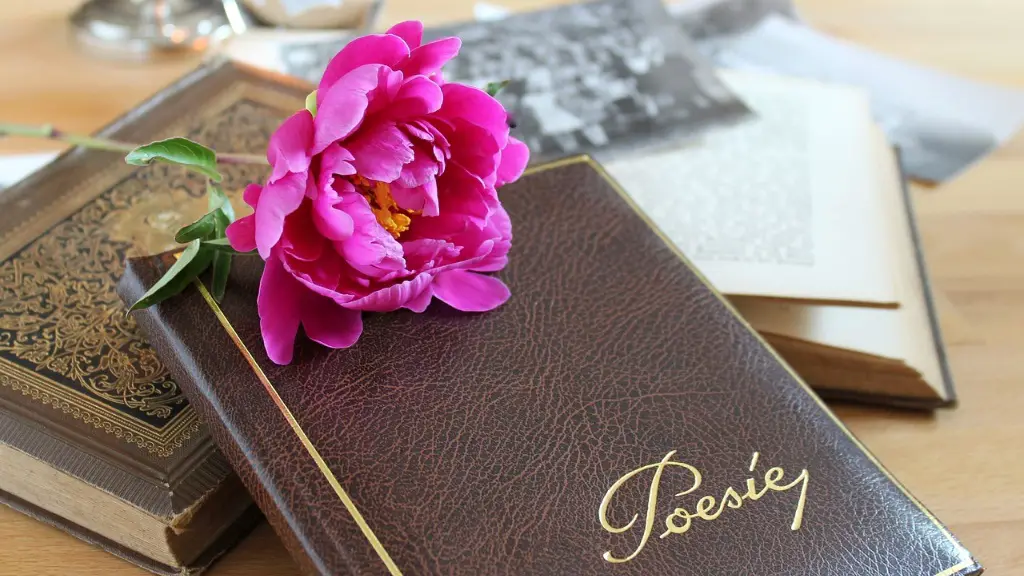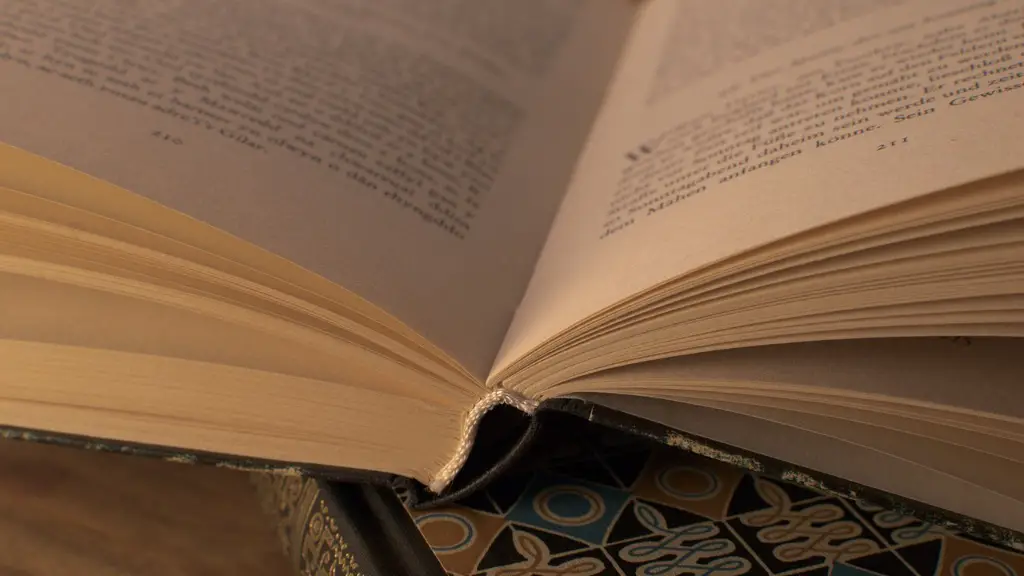The Harlem Renaissance was a period between World War I and World War II when black American culture was flourishing, and Langston Hughes played a big part in it. Hughes has long been known as one of the most important figures of the era. A poet, novelist, playwright, and social commentator, he was crucial to the success and vibrancy of the movement.
As a young boy, Hughe’s family moved from his birthplace in Missouri to the African-American neighborhood of Harlem. It was here that he found himself surrounded and welcomed by the lively and diverse culture that was unique to the area.
As a literature enthusiast, Hughes grew up reading the works and essays of the poets who came before him. He was especially drawn to their lyrical and poetic language and wrote works of his own that embraced his love for African-American music and culture. One of his most famous pieces, The Weary Blues, was both highlighted prominently in major theatres in New York such as the Lincoln Theatre, as well as being published in over forty magazines. The Weary Blues, and other works by Hughes, capture the essence of what the Harlem Renaissance was all about which was culture exchange and celebration among African Americans.
Hughes’ work also aid in the establishing of a black aesthetic through his introduction of new poetic rhythms and themes. His emphasis on black expression and the empowerment of African-Americans has been credited as an inspiration and motivation to many artists of the period. His best known work was “I, Too” which reflected the contrast between white people’s privileges and black people’s struggles for equality. This poem has become an anthem for black people’s rights and self-determination.
Sometimes referred to as the “father” of the Harlem Renaissance, Langston Hughes continues to remain an essential focal point in African-American history. His imperative works have shaped modern African-American literature, easily distinguishing him from any other author of the 1920s and 30s.
The relevance of Langston Hughes’ work in modern times
Today, when the nation is struggling to outgrow its racist culture and promote social justice, the relevance of Hughes’s work is greater than ever. Projecting the reality of an America behind the veil of white privilege and a resistance to the arbitrary rules of discrimination that were used to oppress African Americans, his work speaks to people’s experience of injustice and oppression.
His poetry had a profound impact on contemporary writers and his themes continue to be explored both in literature and popular culture. His name can be found in hip-hop lyrics, and his work on race, class and gender have been put in context with the current civil rights movement. This includes the Black Lives Matter movement of recent years, which has been inspired by Hughes the same way he was inspired by the Harlem Renaissance.
This brings to the topic of how much of a lasting effect Langston Hughes poetry and writing has had on African-Americans and other cultural minorities, his works are still inspiring and promoting social justice and civil rights in the present times. His most profound writing continues to be an integral part of the literary canon, which endures today.
The importance of Langston Hughes in celebrating African American culture
Langston Hughes’ work conveys the celebration of African American culture, and this is the legacy of Hughes that is most recognized today. Seeing African-American culture as something that is worthy of note and to be respected, Langston Hughes is celebrated for his contribution to the genre, portraying black life in all its beauty, complexity, and profoundness.
From the way he wrote about the blues, to the way he spoke of the vernacular forms of his songs – from, his vast array of works, Langston Hughes unapologetically celebrated African-American culture. This is what he brought to the table during the Harlem Renaissance – freedom. With his words, he provided readers a window into the lives and spirits of African Americans, and this was liberating.
Hughes’ work, regularity depicts themes of resilience, determination, and justice. The way he speaks of the everyday life of African American people by placing importance of their simpler moments is one of the most powerful aspects of his writing. It’s indefeasible how much of an impact his writing has had in terms of creating a platform to explore, understand and celebrate African American culture.
Conclusion
In summary, Langston Hughes played a key role in the Harlem Renaissance, and his works remain relevant today. He was an influential figure in advocating for social justice through poetry, and he helped shape the way African-American culture is celebrated. He wrote about the everyday elements of black life that often went unnoticed, placing importance on them and showcasing them to the world. Through his writing, Hughes was able to empower African Americans and inspire many to take action.



